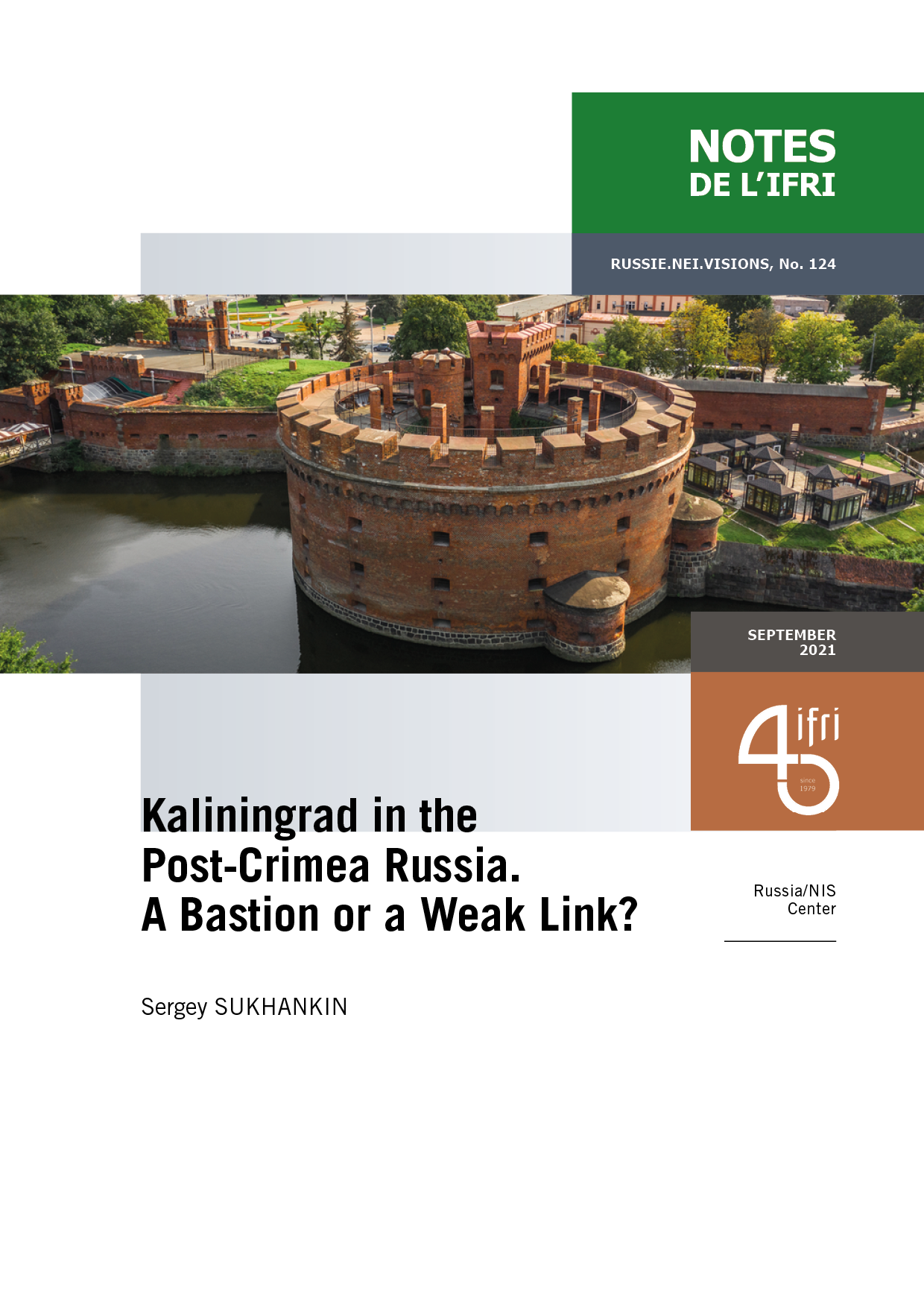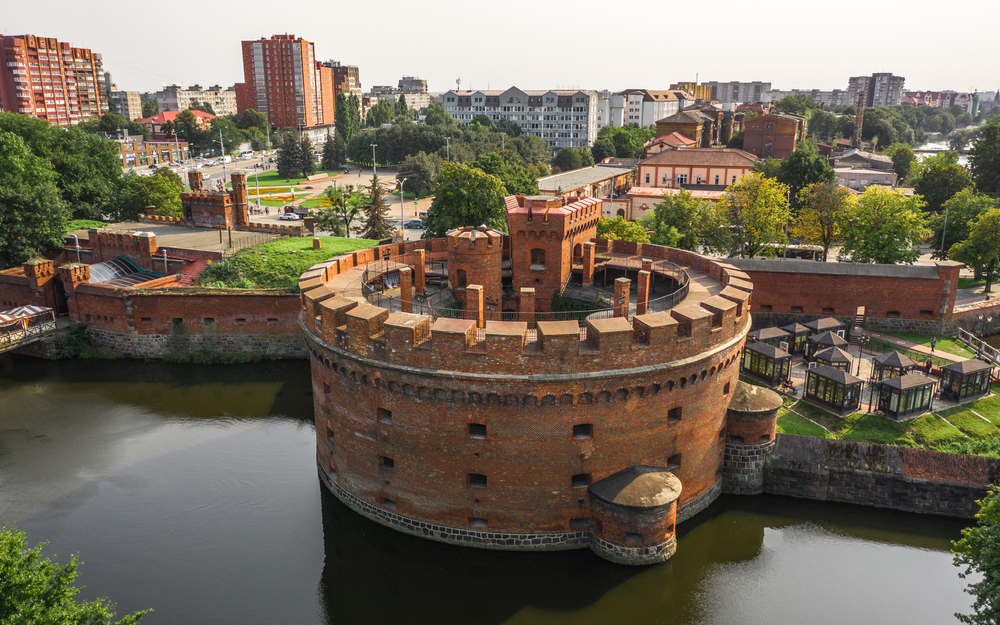Kaliningrad in the Post-Crimea Russia. A Bastion or a Weak Link?

Since 2014, Russia’s policies toward Kaliningrad Oblast—its westernmost region located between Lithuania and Poland and physically cut off from Russia’s main body—have undergone notable transformation. One crucial change was the inception of a policy aimed at remilitarization, which has led toward Kaliningrad’s (re)emerging as Russia’s military bastion in the west.

However different overall, this policy is to a certain extent reiterating Kaliningrad’s path prior to 1991 and the dissolution of the Union of Soviet Socialist Republics (USSR). At the same time, because of the “sanctions war”, Moscow has tried to decrease Kaliningrad’s strategic dependence on third countries in such critical and previously underdeveloped domains as transportation, energy, and food security.
This paper explains the logic of Russia’s behavior in pursuit of these costly and in many ways rather dangerous—in relation to the remilitarization approach—strategies. The research also strives to maintain a balanced view on successes achieved by Russia as well as its continuing weaknesses.
Dr Sergey Sukhankin is a Senior Fellow at the Jamestown Foundation and a Postdoctoral Fellow with North American and Arctic Defense and Security Network (Trent University, Canada).
This content is available in French: Kaliningrad, bastion ou maillon faible de la Russie post-Crimée ?
It is also available in Russian: Калининград: бастион или слабое звено посткрымской России?
Download the full analysis
This page contains only a summary of our work. If you would like to have access to all the information from our research on the subject, you can download the full version in PDF format.
Kaliningrad in the Post-Crimea Russia. A Bastion or a Weak Link?
Related centers and programs
Discover our other research centers and programsFind out more
Discover all our analysesRussia, the Palestinians and Gaza: Adjustments after October 7th
The Soviet Union (USSR), and subsequently the Russian Federation as its internationally recognized legal successor, has consistently sought to play a visible role in efforts to resolve the Israeli-Palestinian conflict.
Deathonomics: The Social, Political, and Economic Costs of War in Russia
The report attempts to outline and examine a truly new phenomenon in Russian society, dubbed “deathonomics”—the making of a mercenary army against the backdrop of the Kremlin’s war in Ukraine, eventually replacing both the Soviet (conscript) and early new Russian (contract) armies. It notes that, by the end of 2023, this trend had turned the military service into one of the highest-paying professions in the country, something not seen in Russia on such a scale since the late 17th century.
Russia's Asia Strategy: Bolstering the Eagle's Eastern Wing
Among Russia’s strategic priorities, Asia traditionally played a secondary role compared to the West. In the mid-1990s, then Foreign Minister Yevgeny Primakov initiated a rapprochement with China and India. Then, in 2014, deteriorating relations between Russia and the West prompted Moscow to begin its “great pivot to the East”.
Kazakhstan After the Double Shock of 2022: Political, Economic and Military Consequences
The year 2022 represented a dual shock for Kazakhstan. In January, the country faced its most severe political crisis since independence, followed in February by Russia’s full-scale invasion of Ukraine, which cast uncertainty over the borders of post-Soviet states. These consecutive crises profoundly shaped Kazakhstan’s domestic and foreign policy.











